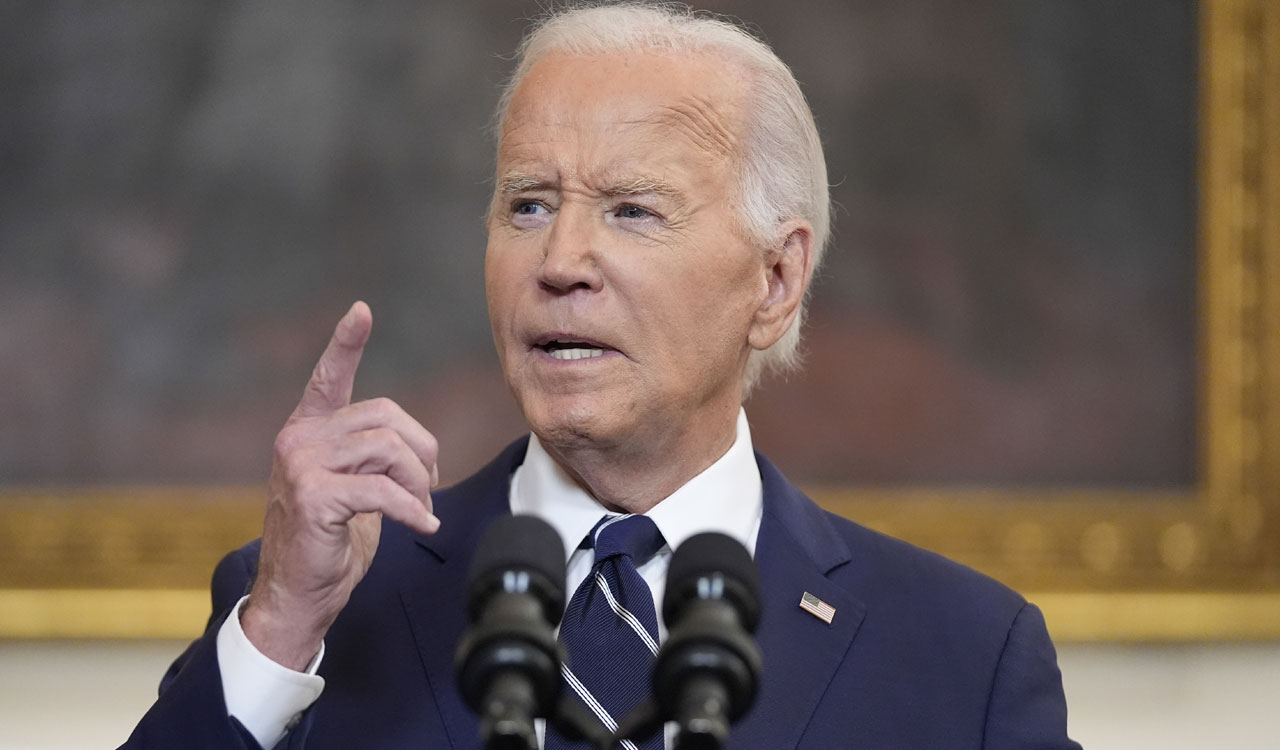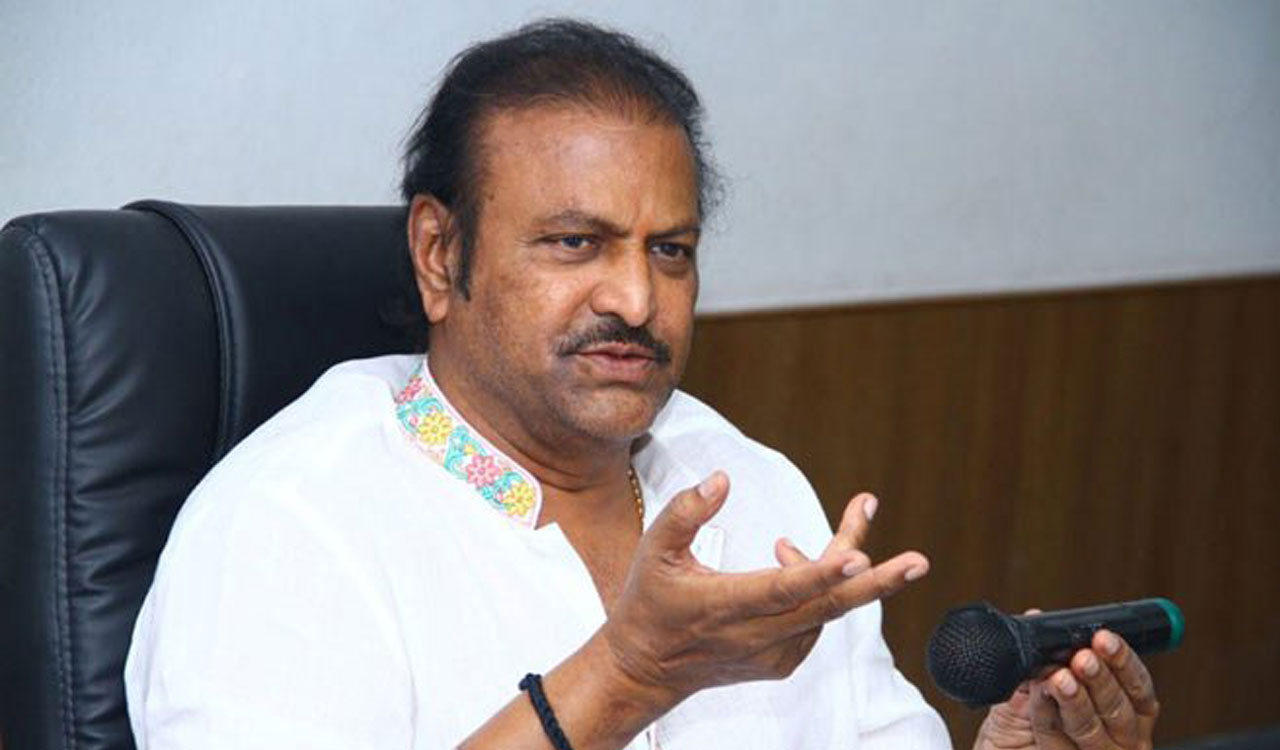Editorial: Unpardonable pardon
The pardon erodes the ethical foundations US President Joe Biden sought to champion

Outgoing United States President Joe Biden’s unconditional pardon for his son Hunter Biden, who is facing sentencing for two criminal cases, smacks of hypocrisy of the self-proclaimed global champions of democracy who lose no opportunity to lecture other countries on institutional morality. What is ironic about the last-minute invocation of the extraordinary constitutional powers is that Biden had, all along, ruled out such a move and insisted that he would not interfere with the investigation process. Now, in a dramatic volte-face, the octogenarian President has claimed that the cases against his son were politically motivated. His use of the pardoning powers is a continuation of a tradition of presidents on both sides of the American political divide granting clemency to people close to them. Hunter Biden was awaiting sentencing later this month in two federal cases. In June, he became the first child of a sitting US President to be criminally convicted — in a case relating to his gun ownership. He was found guilty by a jury in Delaware of three charges for lying about his drug use on a form when buying a handgun. He was also awaiting sentencing after pleading guilty in September in a federal tax case that centred on whether he paid enough tax from 2016-19. He faced up to 25 years in prison in the gun case and 17 years in the tax case. The American Constitution decrees that a President has the broad power to grant reprieves and pardons for federal offences, except in cases of impeachment.
One of the most controversial presidential pardons in the US was granted by Gerald Ford to his predecessor Richard Nixon in 1974, covering his actions during the Watergate Scandal. It was described as an effort to heal the nation. In the present case, the President’s “full and unconditional pardon” is unusually sweeping. The wording of the pardon also makes clear that it covers any offence that the Biden junior “has committed or may have committed”. The pardon represents legal forgiveness, ends any further punishment and restores rights such as being able to vote or run for public office. This decision shakes public confidence in his earlier assertions about respecting judicial independence. For a President who campaigned on restoring norms and rebuilding trust in government institutions, the move risks tarnishing his legacy. Critics argue that the pardon erodes the ethical foundations Biden sought to champion. At one level, Biden’s move reinforces the sense that Trump’s systematic abuse of the pardon system in his first term was not an aberration, that Presidents of every party exploit their constitutional privilege to benefit their cronies, that justice is only for those with the right connections. This is bound to trigger political whataboutery from the Republicans with Trump being emboldened to pardon the perpetrators of the January 6, 2021, attack on the Capitol.
Related News
-
Telangana HC suspends orders against KCR and Harish Rao
7 mins ago -
Kohli and Smith will be dangerous and hungry: Shastri
15 mins ago -
Sharvari shares her TBR list of romantic book titles, suggested by fans
44 mins ago -
Khammam Congress gaffe: Union Home Minister Amit Shah made ‘Defense Minister’
45 mins ago -
Couple held for theft in Hyderabad
59 mins ago -
KCR extends Christmas wishes to people of Telangana
1 hour ago -
Mrunal Thakur wraps up schedule for Adivi Sesh’s ‘Dacoit’
2 hours ago -
Santosh Trophy: Kerala, TN share spoils
2 hours ago




